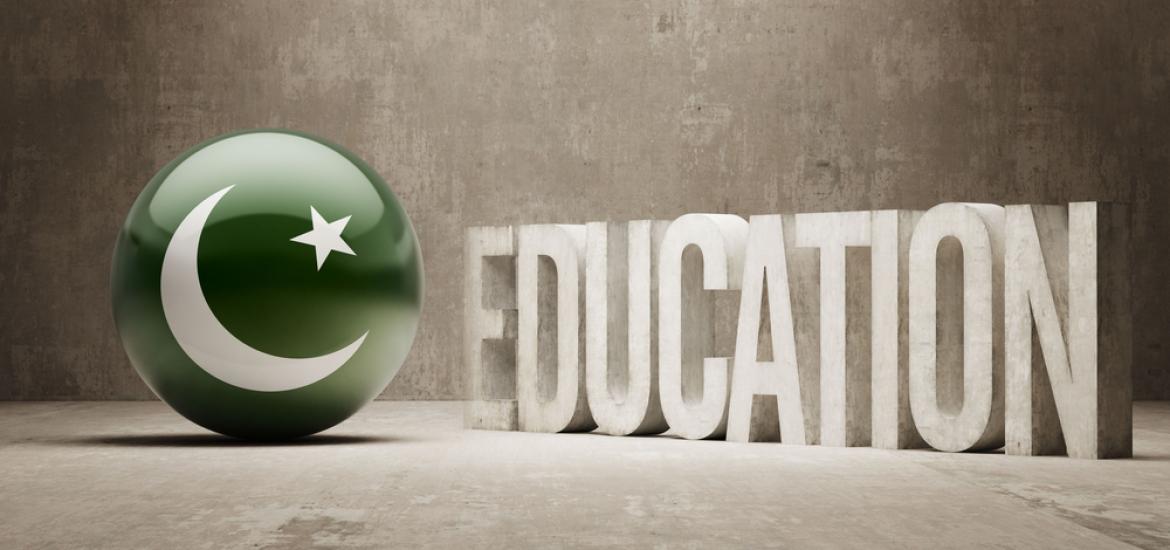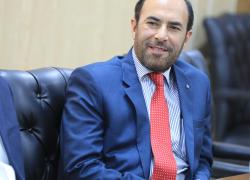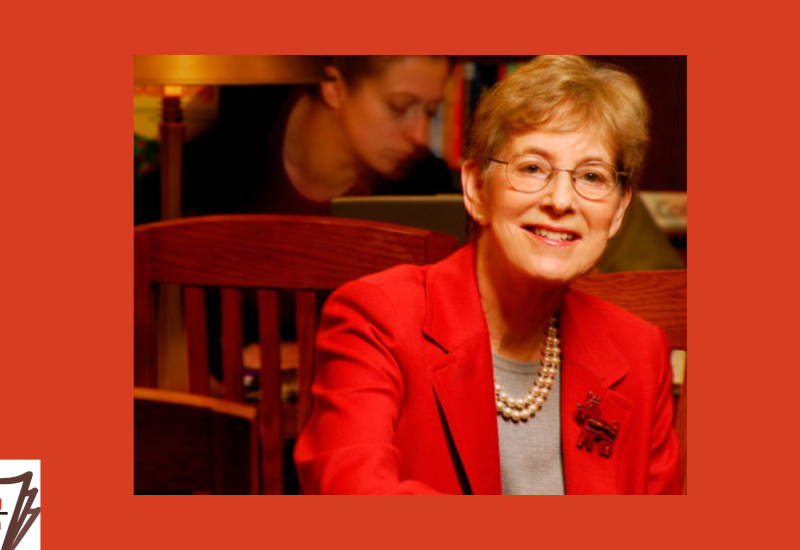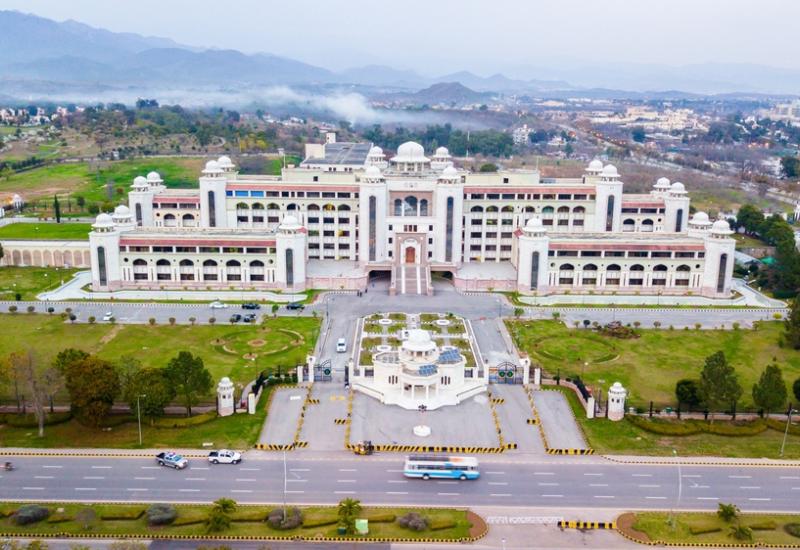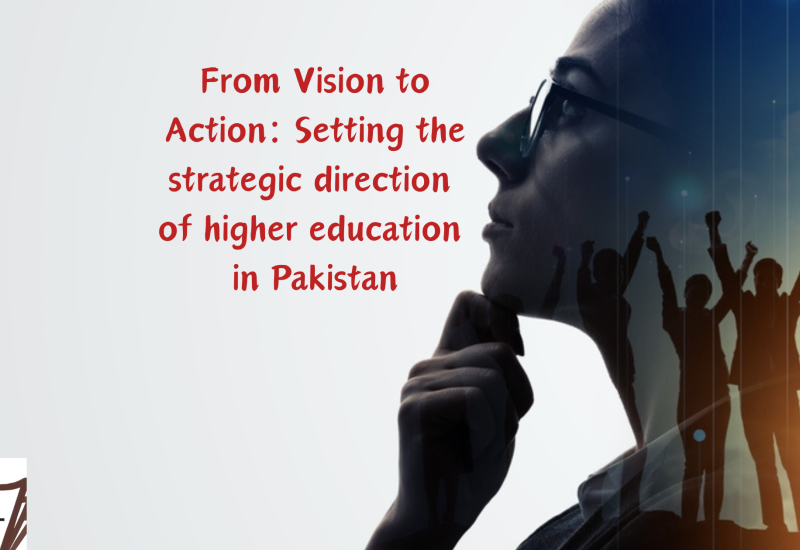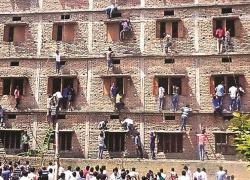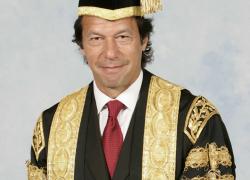How Political Parties in Pakistan Prioritize Higher Education and Universities in their Election Manifestos: A Comparative Look.
Higher education plays a pivotal role in national development and unsurprisingly, it features prominently in the manifestos of various political parties vying for power in the 2024 Pakistani elections. However, the level of prioritization and the proposed approaches differ significantly-how to improve quality of higher education and move with expansion of higher education institutes/ universities in the country.
This blog post looks deeper into the manifestos of major political parties, examining their promises, potential implications, and key areas of scrutiny for informed decision of voters in the context of Pakistan’s political landscape and the crucial role of higher education:
Level of prioritization:
All major parties, including Pakistan Peoples Party (PPP), Pakistan Tehreek-e-Insaf (PTI), Pakistan Muslim League-Nawaz (PML-N), Jumat-e-Islami (JI), Awami National Party (ANP), and Muttahida Qaumi Movement Pakistan (MQMP), dedicate sections to higher education in their manifestos. However, the degree of emphasis varies:
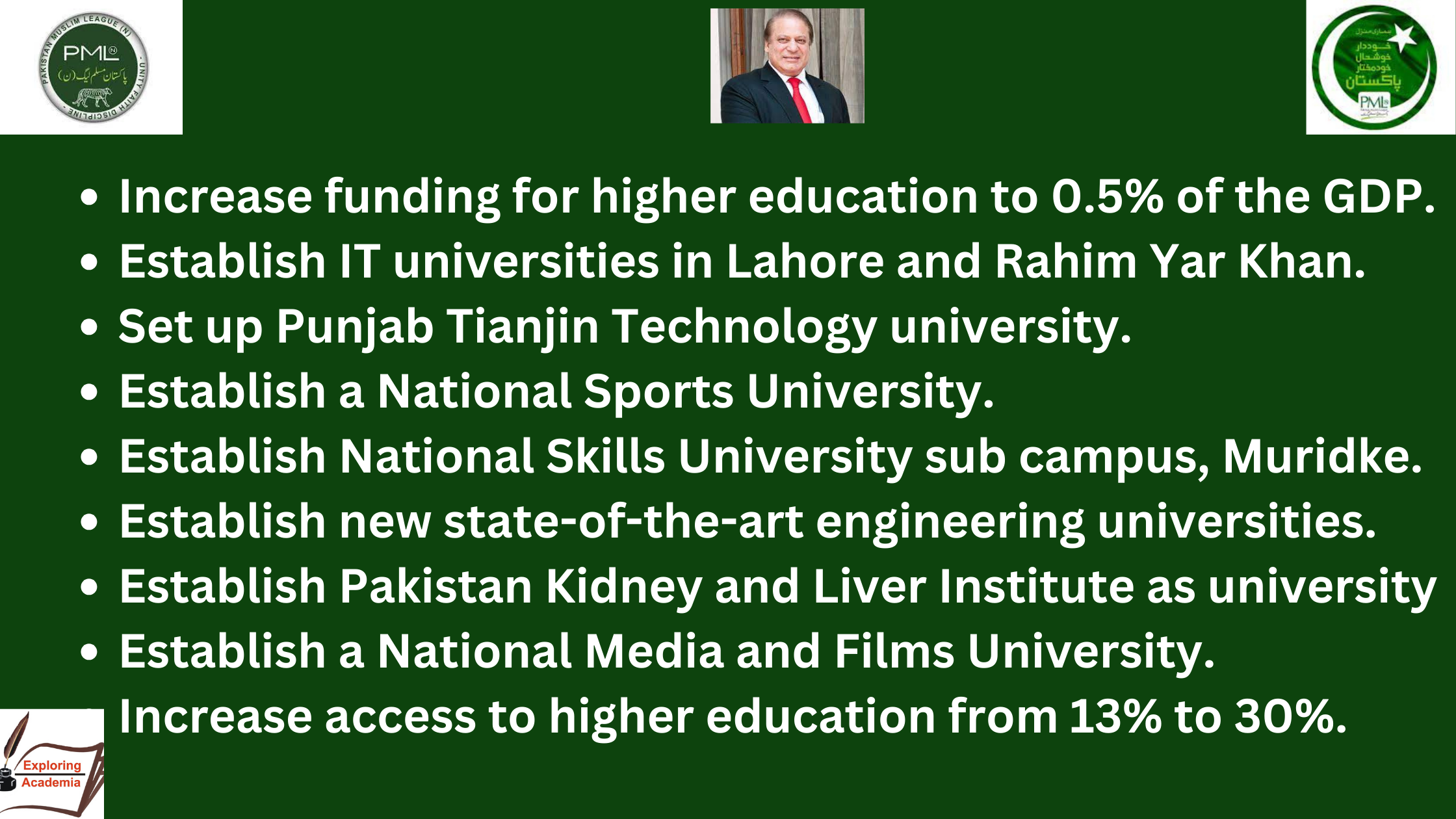
- Under the “Higher Education for All” slogan PMLN proposes to increase funding and excess to the higher education by placing the same near the top of the election manifesto, outlining a comprehensive plan for access, quality, and modernization.
PPP with the catch phrase, “Educating Our People: A Progressive Pakistan for All”, accords utmost priority to higher education by encouraging research for continuous improvement of the higher education system.
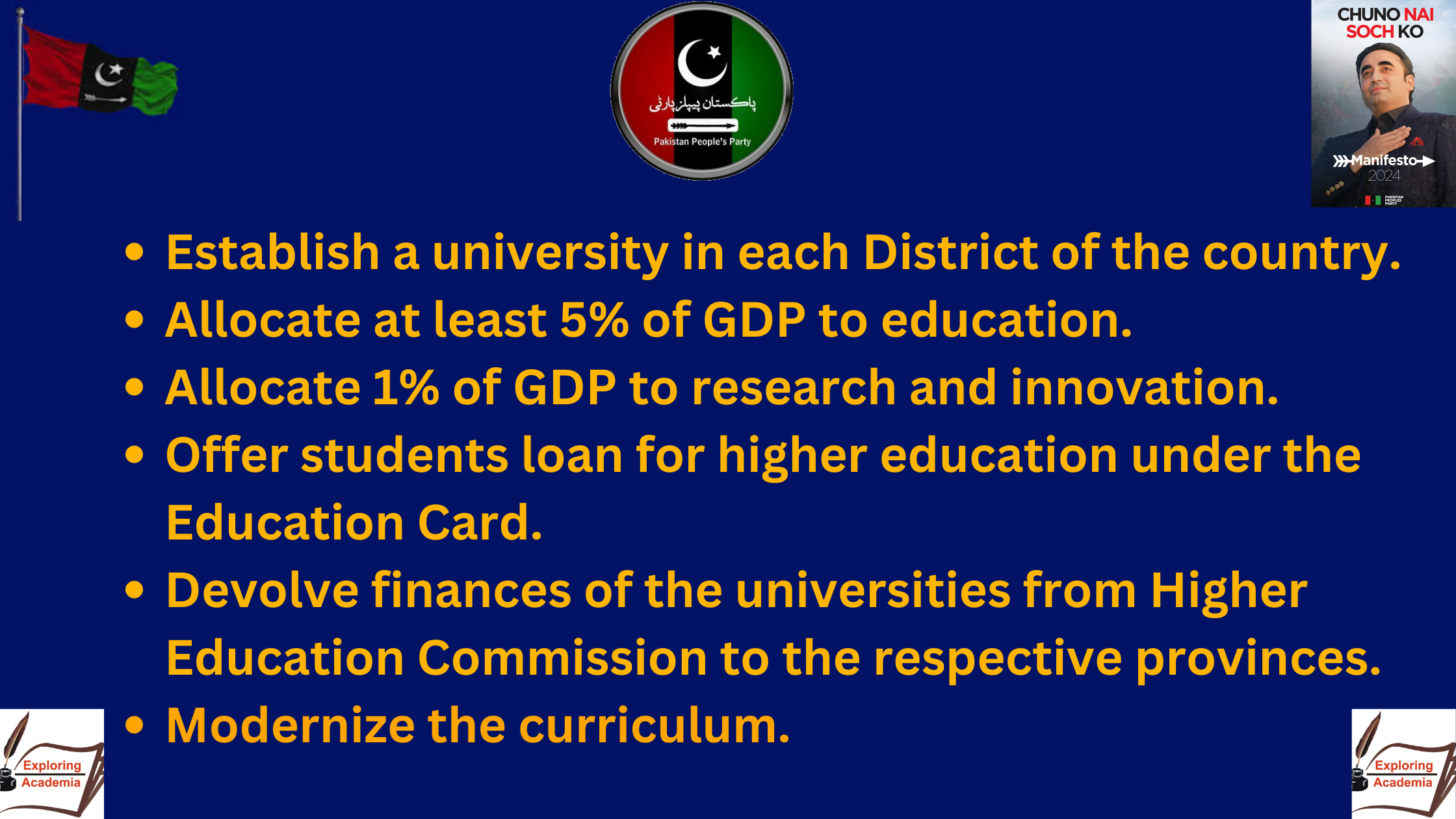
- PTI through “Reshaping Higher Education in Pakistan”, aim to create a dynamic and inclusive educational landscape that empowers students and nurtures academic excellence.
- JI under the “Education for All”, want to declare education emergency focusing on religious education, establish separate educational institutes for female and put the education system along modern lines.
MQMP aims to enforce a “10-Year Education Emergency” besides addressing specific aspects related to their core values concentrating on urban areas.
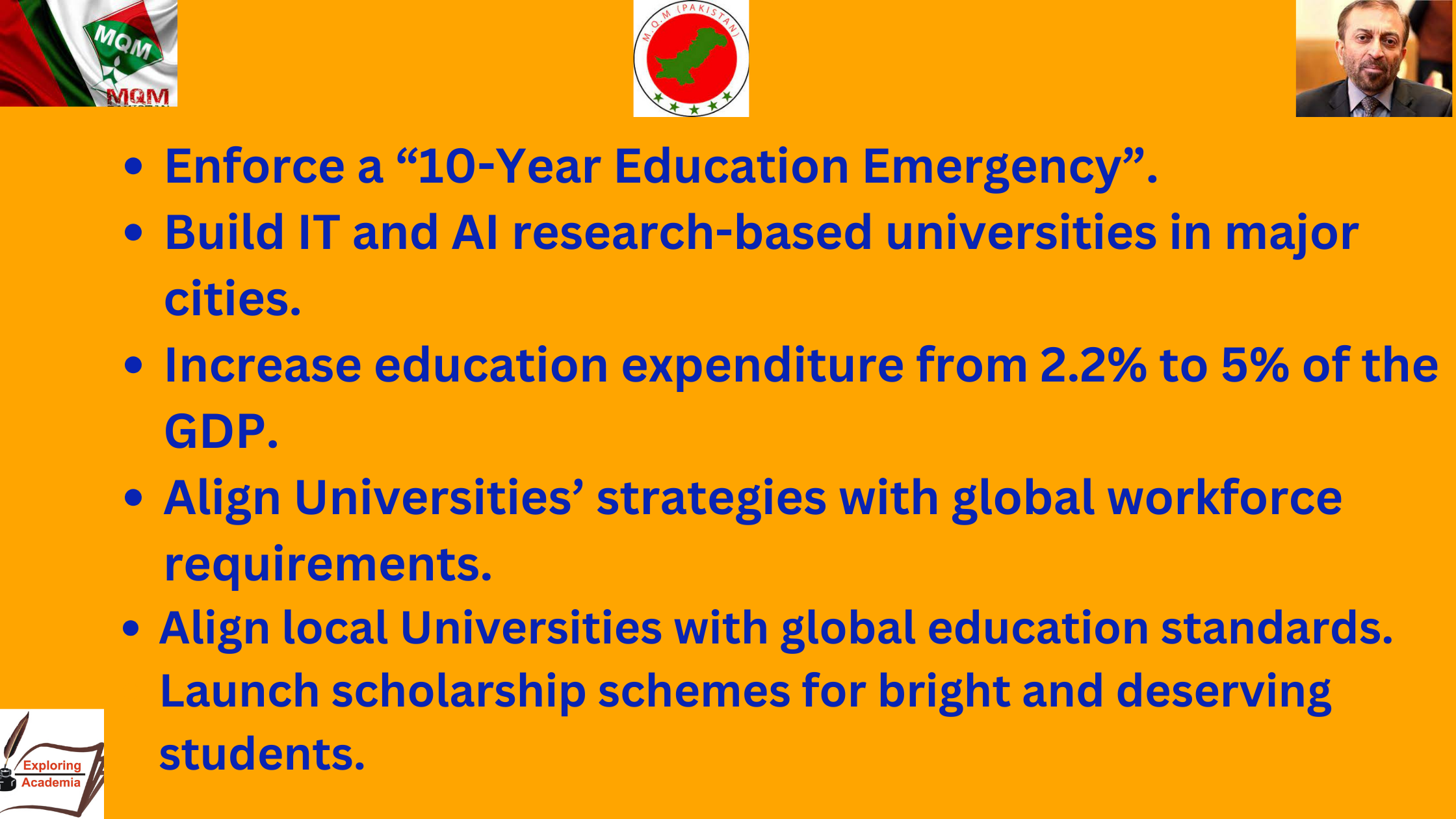
- The ANP is committed to provide free education to all students of public sector universities under the “ANP Youth Program”.
Increased budgetary commitment:
All parties pledge to increase the education budget, aiming for 4-5% of GDP, aligning with international recommendations. However, there are certain variations across approaches:
PMLN shall increase funding for higher education to 0.5% of the GDP with additional need/performance-based grants to universities. The N-League is taking the next step in devolution and shall encourage provincial governments to fund provincial chartered universities.
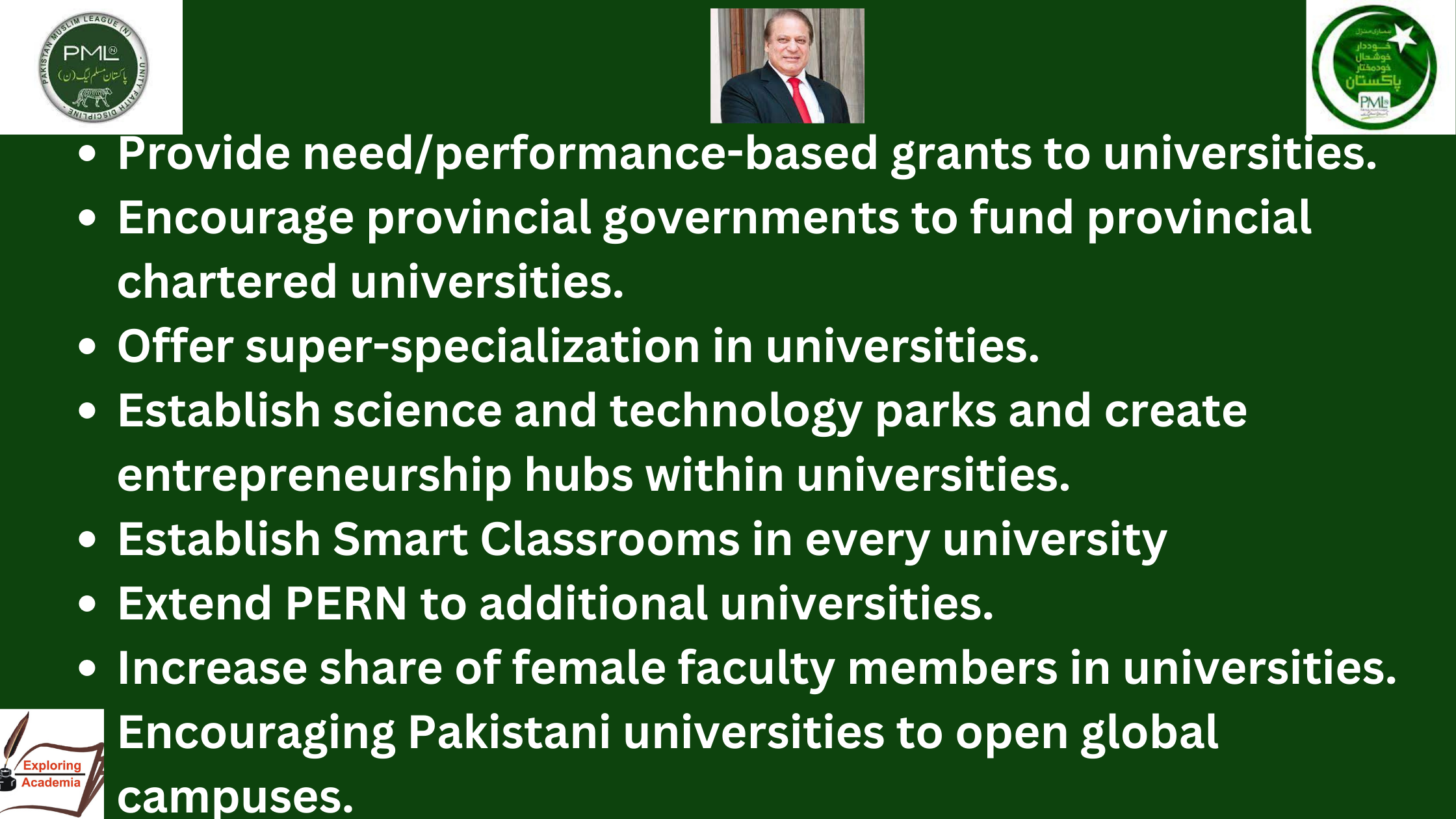
- PTI is determined to enhance funding and budgetary allocation to ensure a vibrant academic ecosystem- with gradually increasing education spending in the coming 5 years to 4% of GDP up from the current 2.4%.
- PPP pledges to allocate at least 5% of GDP to education, including 1 % of GDP on research and innovation and further devolving the finances from the Higher Education Commission (HEC) to the provinces.
ANP will allocate at least 4% of GDP to education.
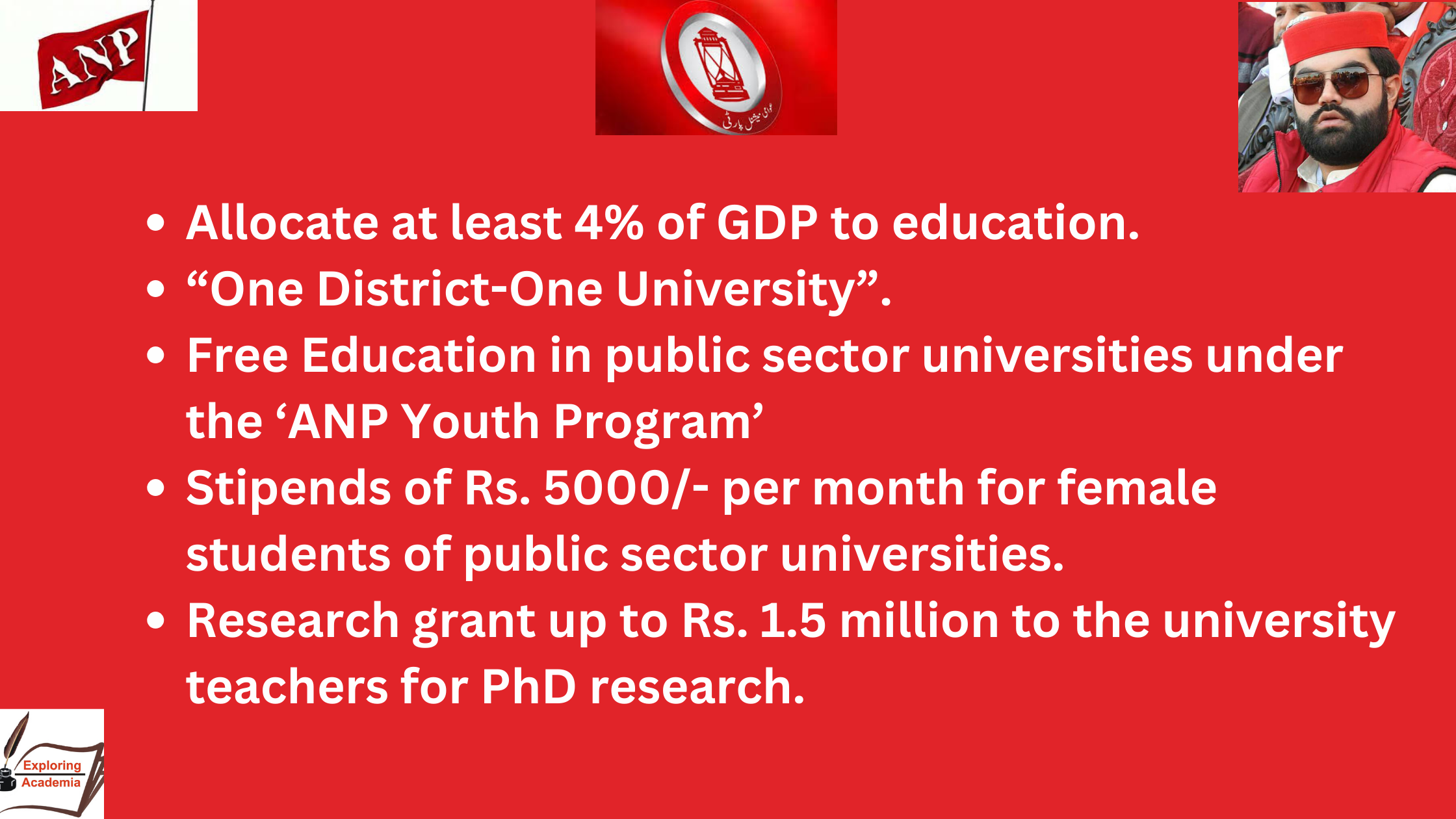
- MQM to gradually increase education expenditure from 2.2% to 5% of the GDP, whereas provinces will allocate from 25% of their revenue budget to education, provided it includes complete transparency about development and non-development budget, quality of education and curriculum.
JI will allocate at least 5% of GDP to education with gradual increase.
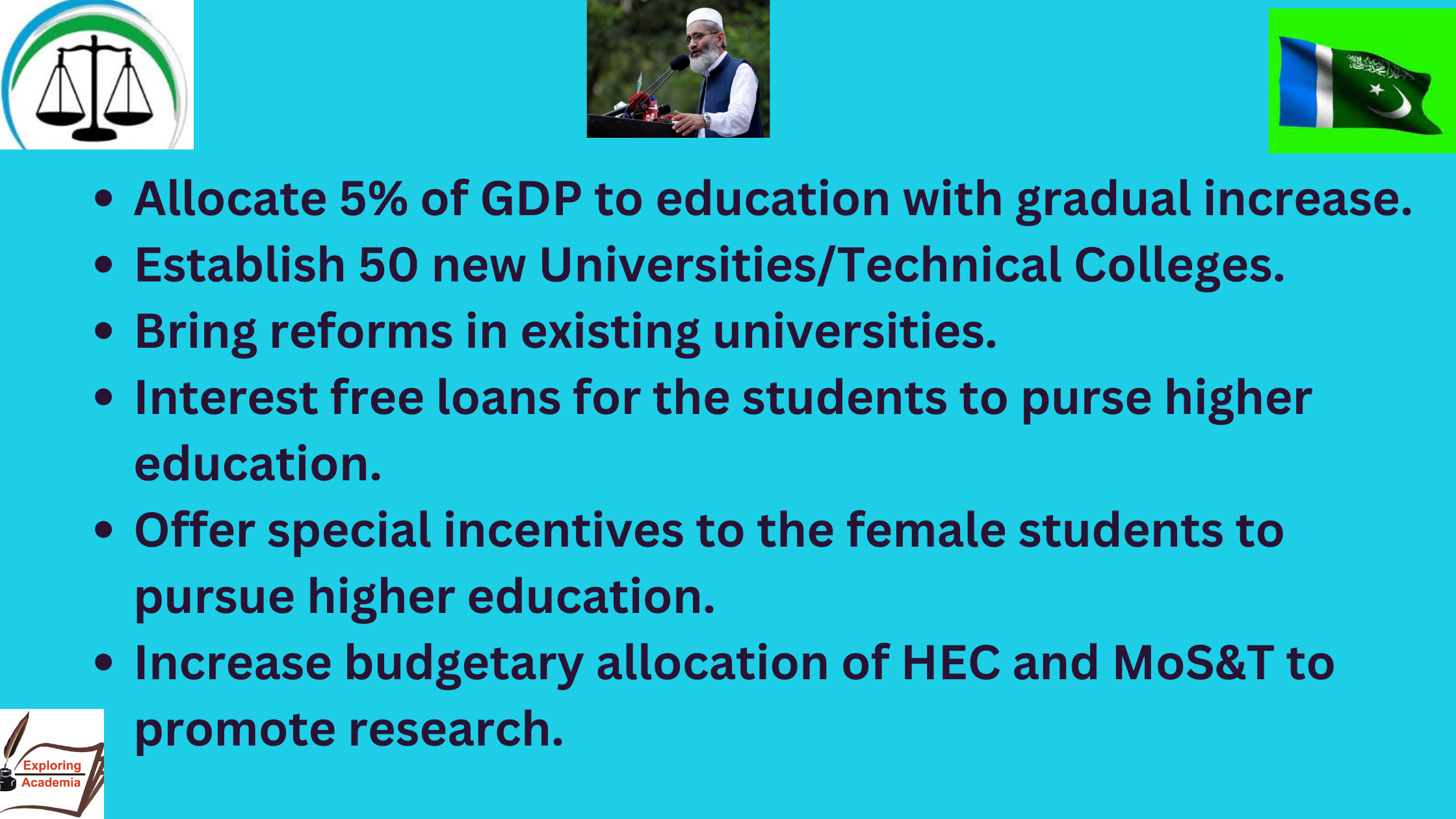
However, concrete funding sources and implementation strategies remain unclear in most of the manifestoes.
Improved access:
Education for all, expanding scholarship schemes and public-private partnerships are common promises across manifestos. Hoverer, how to broaden access have certain caveats:
ANP emphasizes free higher education for all, while PML-N focuses on technology-integrated learning to broaden access. Female students of public sector universities will receive an amount of Rs. 5000 per month as stipends.
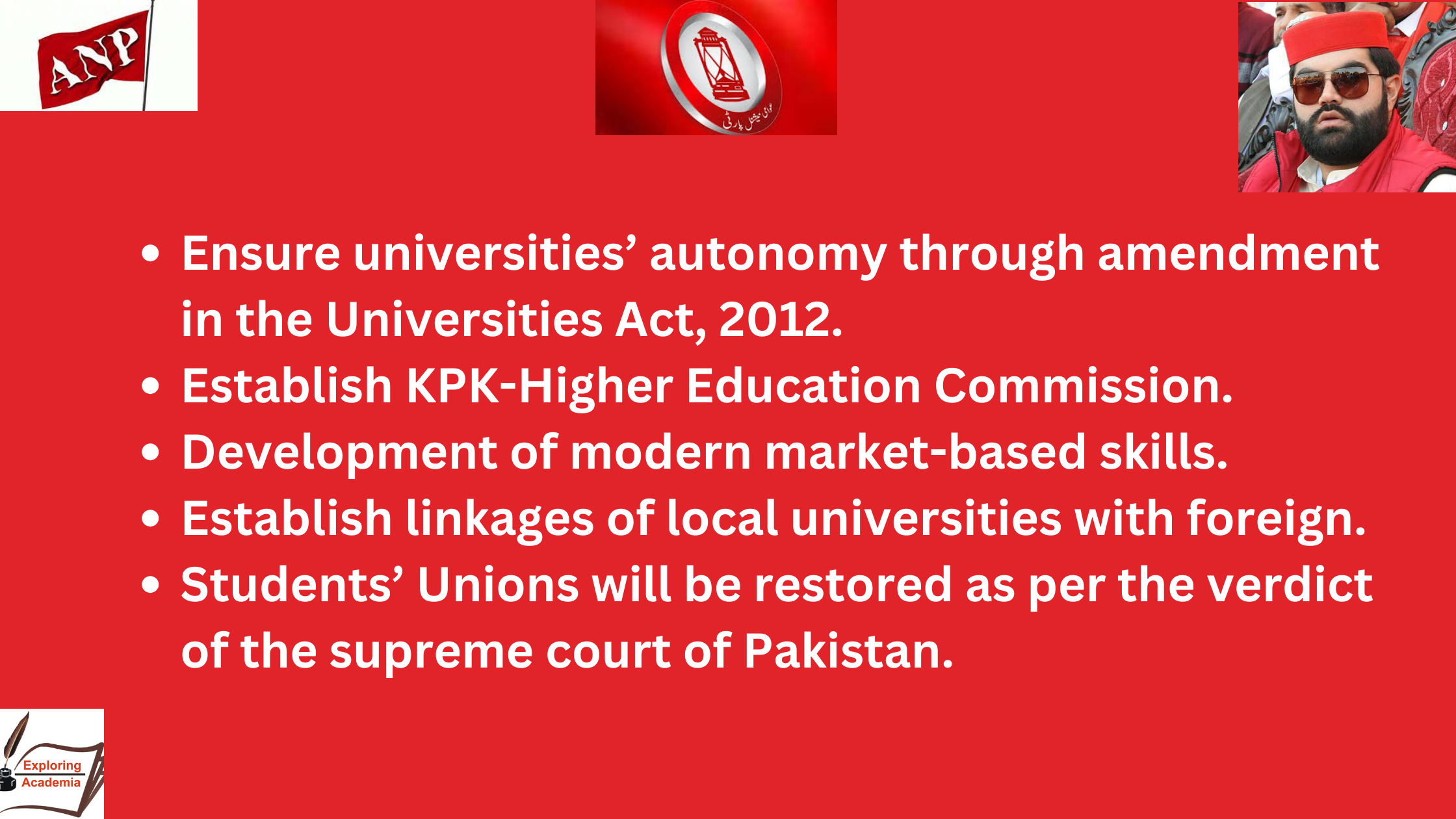
- PMLN target to increase access to higher education from 13% to 30% with increased students’ enrollment to 2.27 million in all universities with increased enrolment growth to 10% per annum with initiating a Scholarship Endowment Fund.
- PTI is committed to ensure access to higher education, especially for female segment of the students, transgender, minorities, persons with disabilities, and those from remote areas.
Equity and inclusion for marginalized groups like women and rural communities require closer examination in plans.
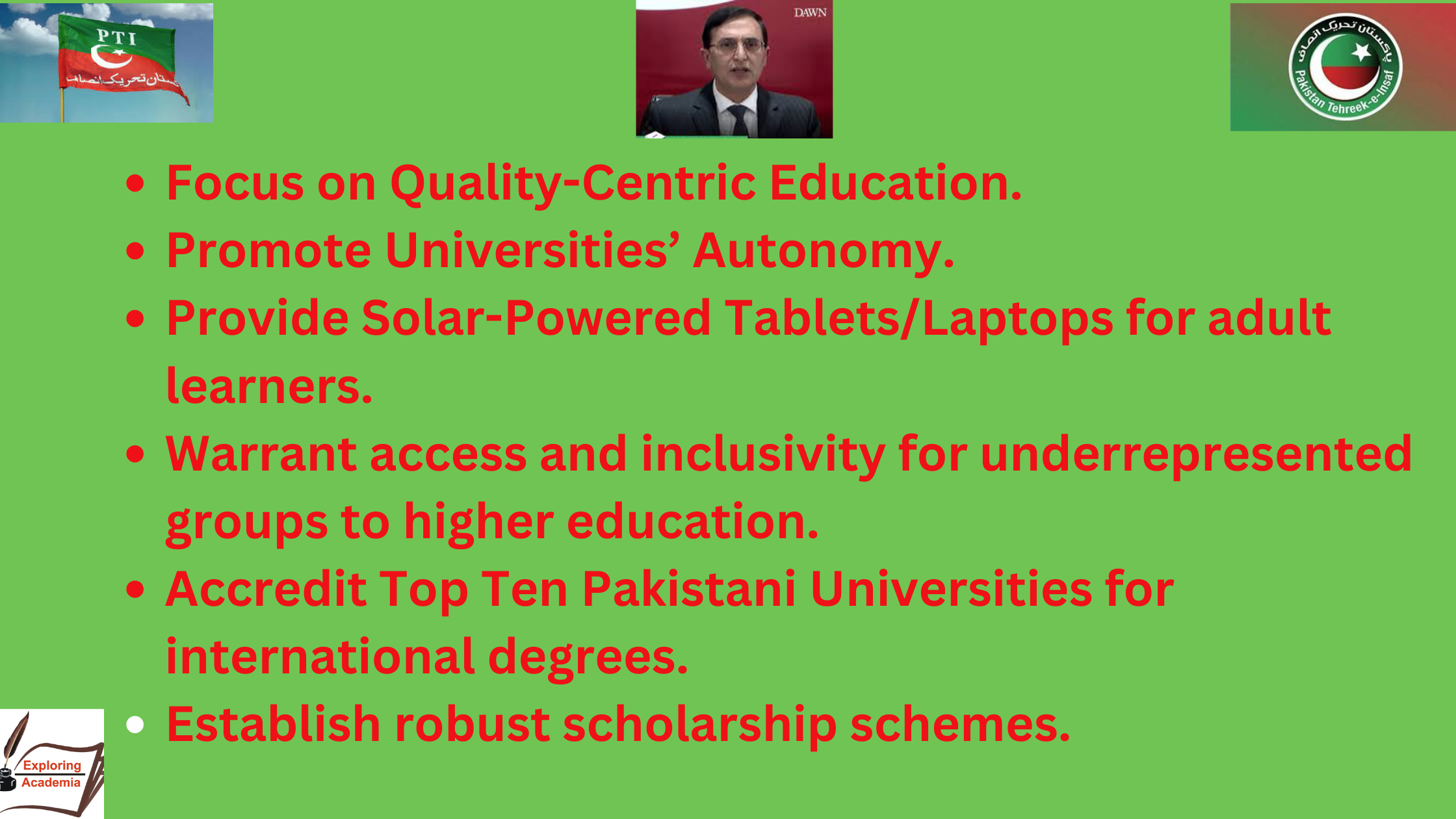
- ANP will establish connectivity of local universities with foreign universities through exchange programs and scholarships.
- JI targets the youth with interest free loans for higher education to equip the youth with higher education.
- MQM will provide grants and scholarships in collaboration with industries to brilliant students.
Quality improvement:
While all parties mention Quality Higher Education, however, specific plans differ:
- PTI is captivating the voters with the vision of Quality-Centric Education- promising a revolution in teaching methodologies, curriculum, and assessments ensuring that everyone receives a high-quality education, setting them on the path to success.
- PML-N emphasizes upon STEM education, modernizing infrastructure and encourage cutting-edge research with focus on quality and relevance. The League shall ensure world-class quality education by:
- Defining KPIs for all key positions, strengthening incentives and evaluation systems for faculty, increased share of female faculty members in jobs.
- Starting a competitive program to support, ten best-performing universities.
- Learning from the experience of the top-performing universities.
- Defining KPIs for all key positions, strengthening incentives and evaluation systems for faculty, increased share of female faculty members in jobs.
PPP wants to establish a national standards council and promote teachers development.
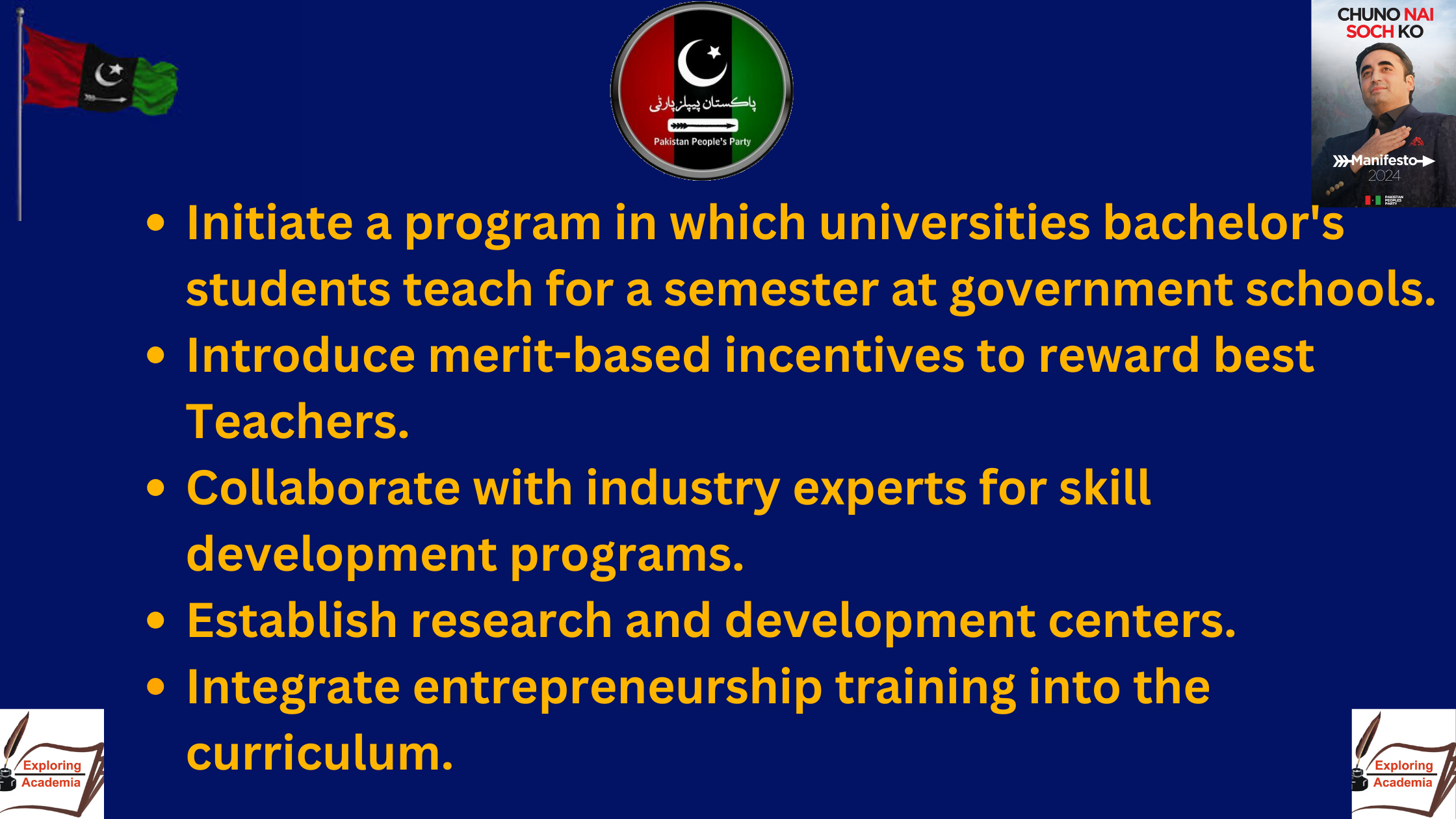
- PTI intends to integrate technology and focus on industry-aligned skills with university-based incubation centers to foster innovation and startups.
- MQM shall provide quality education through reformed curriculum and increased budgetary allocation.
- ANP will establish connectivity of local universities with foreign universities through exchange programs and scholarships.
Detailed strategies for faculty training, research funding, and curriculum enhancements are lacking in most of the manifesto.
Universities focus:
While most manifestos acknowledge the importance of higher education, their approaches and focus on universities differ significantly:
- PPP is committed to establish a university in each district of the country.
- PML-N proposes establishing new universities with a focus on technology and industry. Setting up world-class IT Universities in Lahore and Rahim Yar Khan and establishment of Pakistan’s first Sports University as well as Media University are priority areas of PML-N. Besides, the League government shall encourage Pakistani universities to open global campuses.
MQM to build Information Technology and Artificial Intelligence research-based universities in major cities.
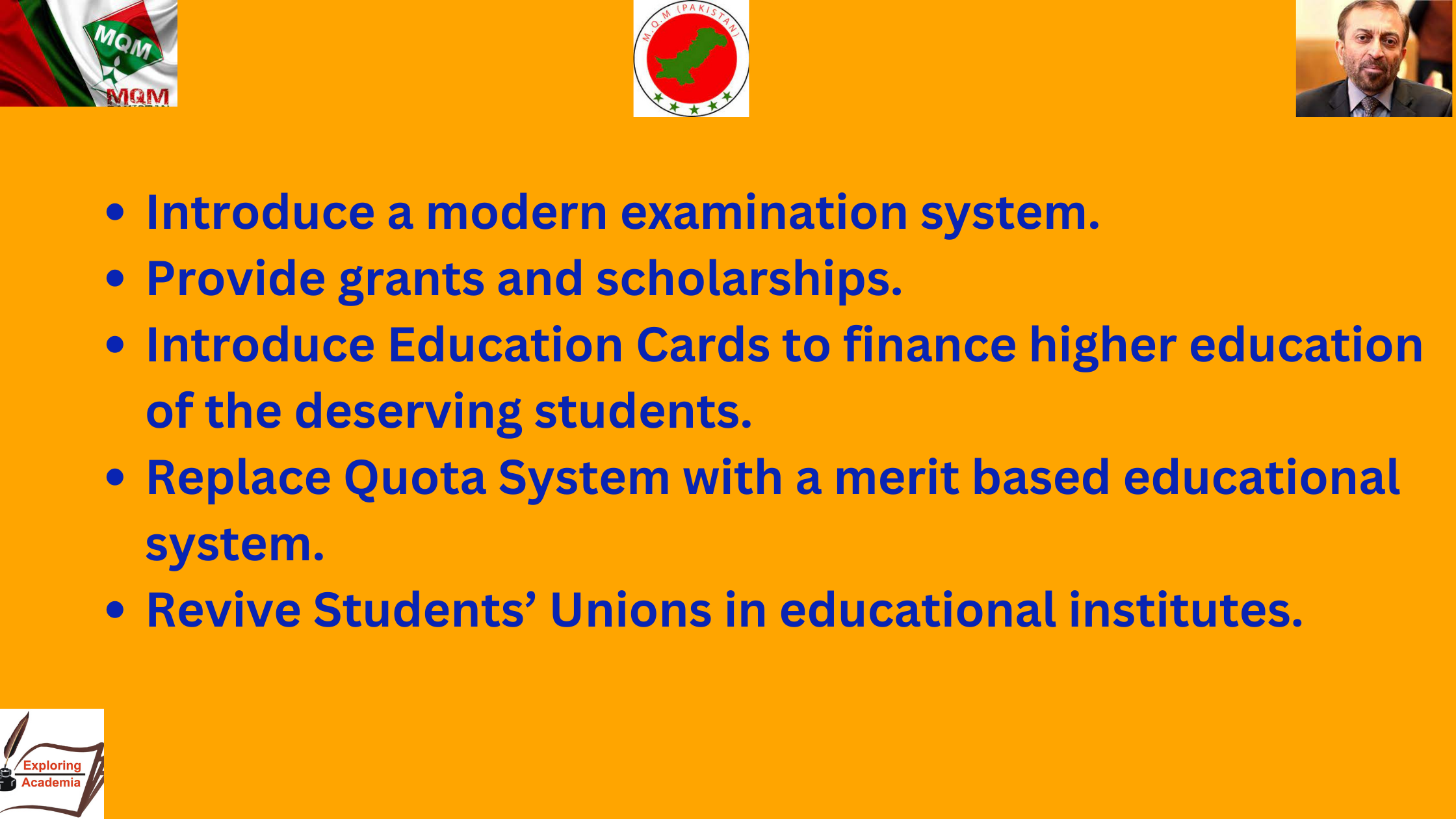
- Central to PTI’s vision is the promotion of full academic autonomy for universities, fostering an environment that encourages innovation and research.
- ANP is determined to complete their flagship project “One District-One University” urgently. Besides establishment of Khyber Pakhtunkhwa Provincial Higher Education Commission immediately after forming the government is on the top of the agenda. ANP will ensure the autonomy of universities through Amendment in the University Act 2012.
JI proposes to establish 50 new universities/technical colleges and bring reforms in existing universities to align with the religious ideology.
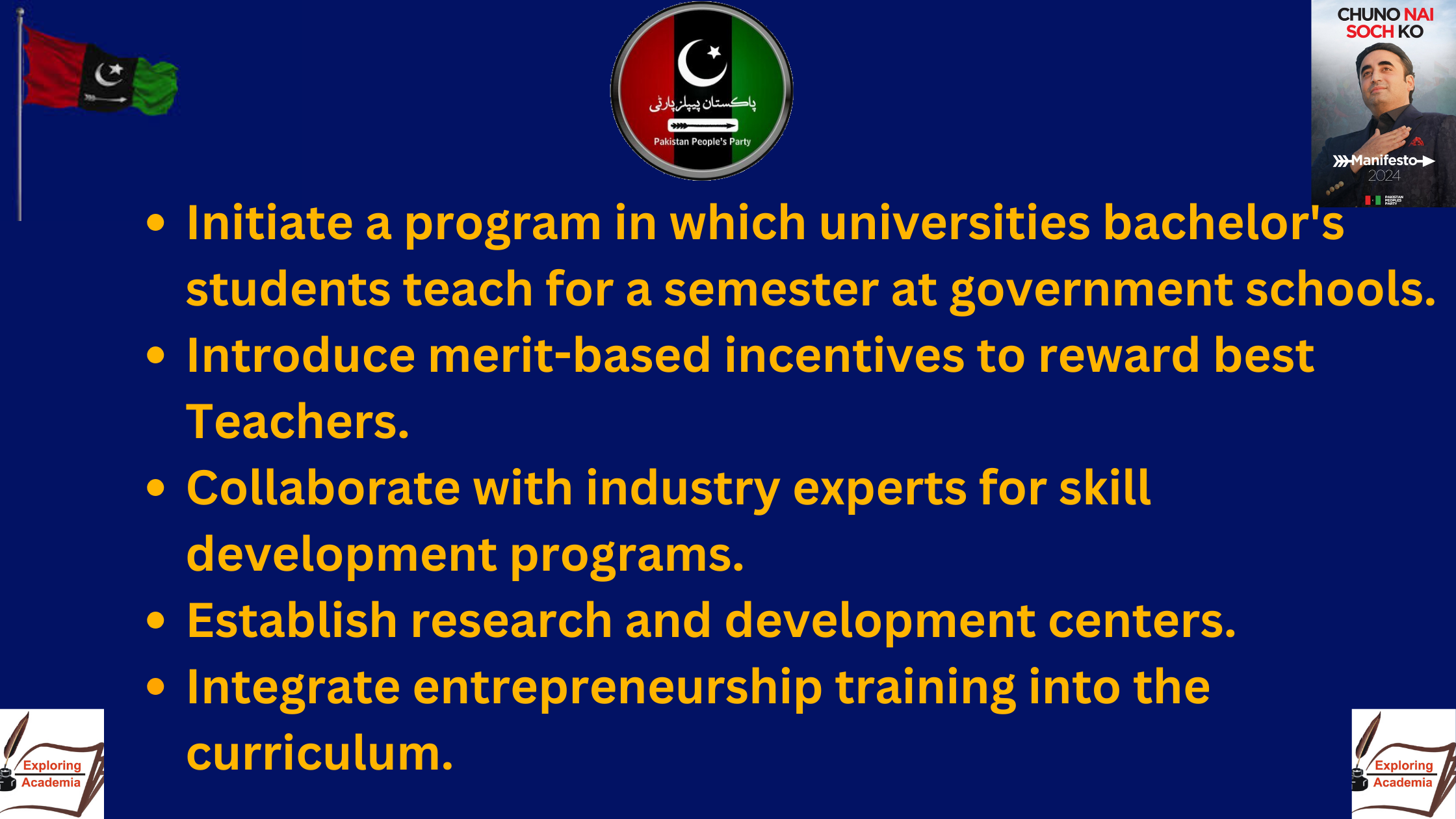
The impact on quality, resource allocation, and existing institutions needs careful evaluation.
Points to ponder:
- Beyond access: While access is important, manifestos mostly lack concrete plans for quality improvement, research funding, and faculty development. Voters need detailed strategies in these areas.
- Financial feasibility: Increased funding is promised, but sources and sustainability require clarification. Scrutinize funding mechanisms and realistic allocation plans.
- Balancing priorities: Expanding access, promoting specific fields, and ensuring quality present trade-offs. Voters should analyze how parties plan to navigate these challenges.
- Equity and inclusion: Plans should address disparities in access for marginalized groups like women, rural communities, and religious minorities.
Conclusion:
Higher education is clearly important to Pakistani political parties, as reflected in their manifestos. However, voters must move beyond mere mentions and hallow promises and scrutinize specificity of plans ascertaining whether there are concrete actions outlined for each promise, look for financial feasibility to check how will the financial plans be funded, and are they sustainable?. By critically evaluating manifestos and asking informed questions, voters can make well-considered choices about parties committed to truly advancing higher education in Pakistan. Remember, informed voting requires engagement beyond campaign slogans and promises.
In summary, the education sector’s inclusion in election manifestos is crucial for Pakistan’s future progress, prosperity and development. As a citizen, we must urge our representatives to prioritize education and work toward a brighter future for our nation. I hope this comprehensive analysis empowers you with the information needed to make informed decisions about the future of higher education in Pakistan. Remember, your vote matters!
Important Note/Disclaimer:
This analysis is based on the publicly available (online) manifestos and may not capture all details or nuances. It’s recommended to consult original manifestos for specific party stances and proposals. Moreover, this information is intended for educational purposes and should not be construed as political endorsement

